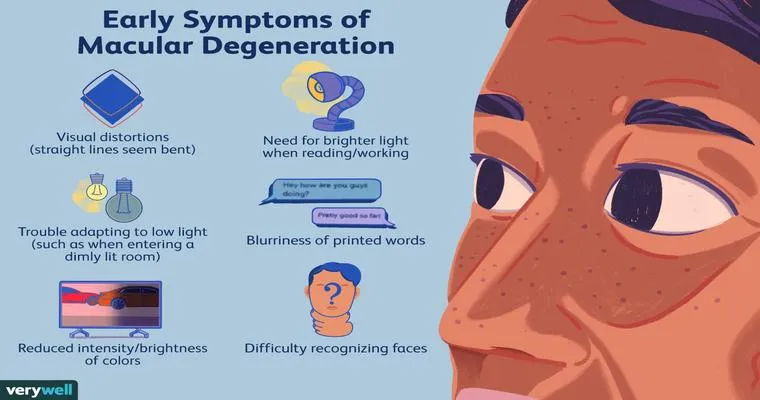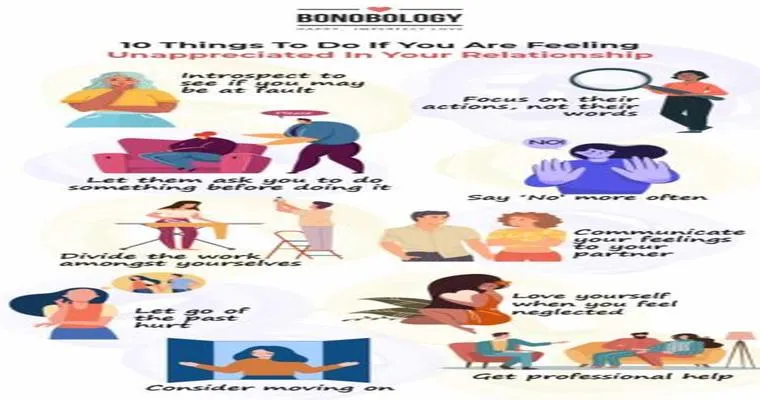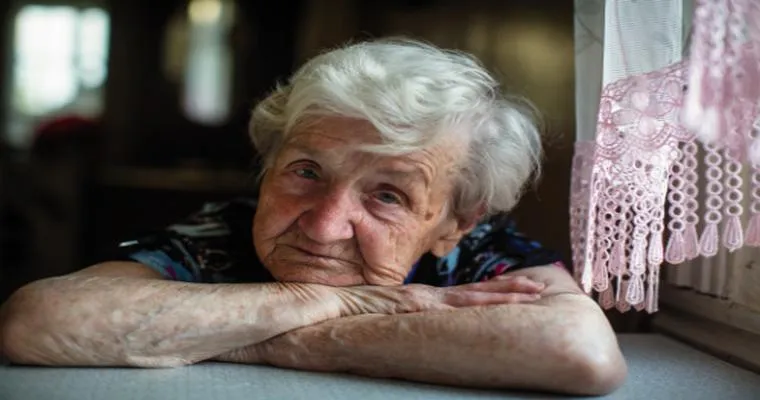Caring for someone experiencing "macular degeneration" can be both challenging and emotionally taxing. This condition, which primarily affects the central vision, can lead to significant changes in a person's daily life and independence. If you find yourself in the position of caring for a loved one who is facing "vision loss" due to macular degeneration, you are not alone. Many people are navigating similar situations and are looking for guidance and support.
Understanding Macular Degeneration
Before offering advice, it is crucial to understand what macular degeneration is. This condition occurs when the macula, a small area in the retina responsible for sharp central vision, deteriorates. There are two main types: "dry" and "wet" macular degeneration, each with its own symptoms and progression. Common signs include blurred vision, difficulty recognizing faces, and challenges with tasks like reading or driving.
Emotional Support is Key
One of the most impactful ways to care for someone with macular degeneration is to provide emotional support. The fear of losing one's vision can lead to feelings of isolation, anxiety, and depression. Being there to listen and validate their feelings can make a significant difference. Encourage open conversations about their fears, and let them know they are not alone in this journey.
Practical Advice for Caregivers
1. "Educate Yourself": Learn as much as you can about macular degeneration. Understanding the condition will help you provide better support and also help you answer any questions your loved one might have.
2. "Encourage Regular Check-ups": Regular visits to an eye specialist can help monitor the progression of the disease. Discuss the importance of these appointments with your loved one.
3. "Explore Low Vision Aids": There are various tools and devices designed to help those with vision loss. Magnifying glasses, large-print books, and electronic reading devices can enhance their ability to see and engage with the world.
4. "Modify the Living Space": Make changes in their home to enhance safety and accessibility. This might include improving lighting, removing tripping hazards, and labeling items clearly.
5. "Promote Independence": Encourage your loved one to maintain as much independence as possible. This could mean assisting them in learning new skills or adapting existing ones to accommodate their vision loss.
6. "Seek Support Groups": Connecting with others who are experiencing similar challenges can be incredibly beneficial. Look for local or online support groups focused on macular degeneration. Sharing experiences and advice can provide comfort and practical strategies.
7. "Stay Active Together": Encourage activities that do not rely heavily on vision, like listening to audiobooks, participating in music, or enjoying tactile crafts. Staying active can help maintain a positive outlook.
Conclusion
Caring for someone going blind from macular degeneration is undoubtedly a tough journey, but with the right support and understanding, it can also be a time for growth and connection. Whether you are a family member, friend, or caregiver, your role is vital. By educating yourself, providing emotional support, and discovering practical solutions together, you can help your loved one navigate the challenges of this condition while maintaining their dignity and independence. Remember, you are not alone in this; many others care and are willing to share their experiences and advice.





